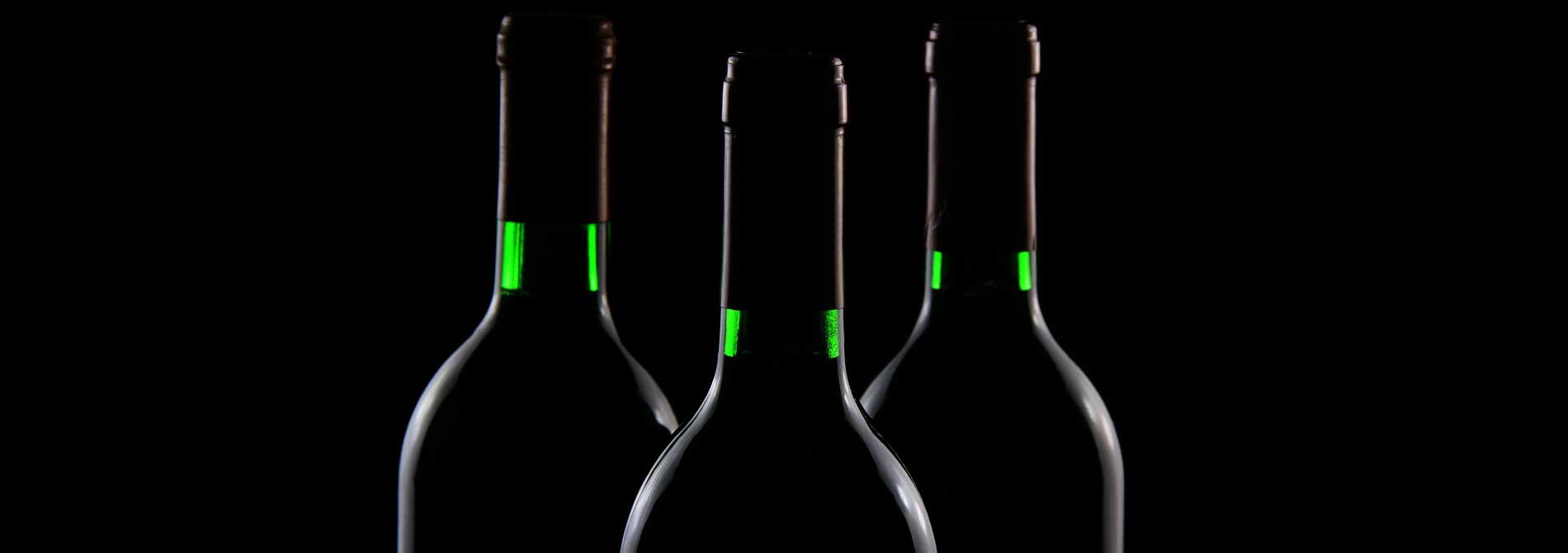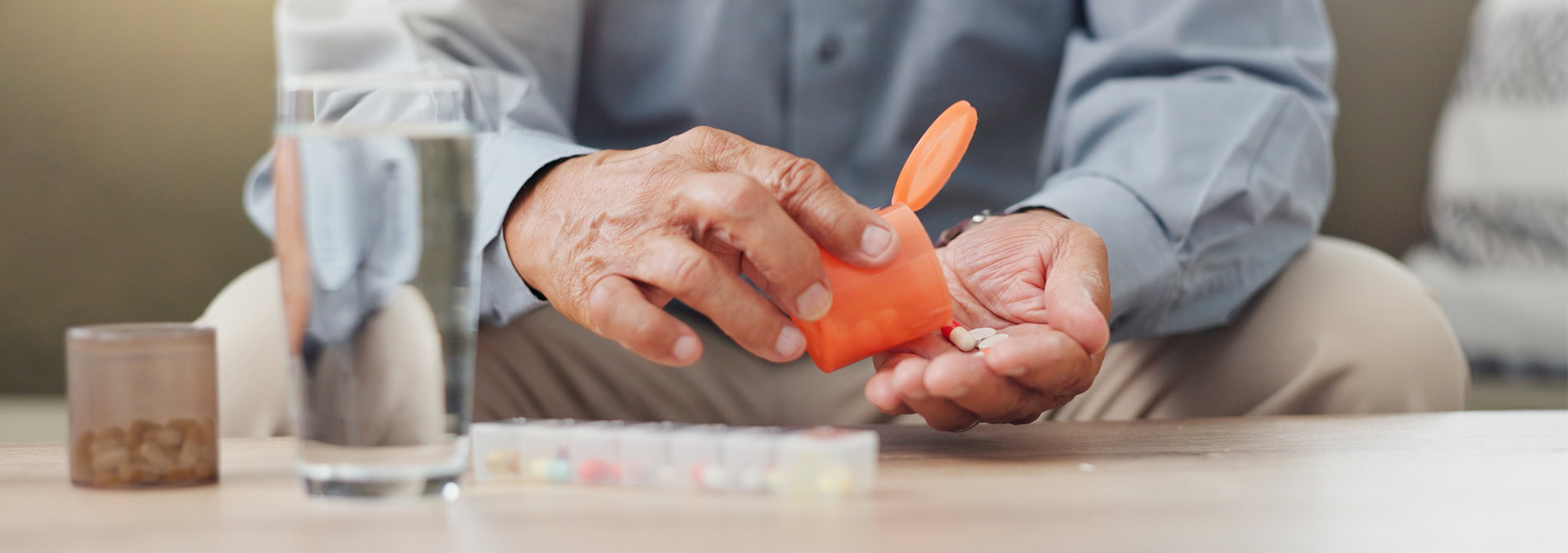According to the National Institute on Alcohol Abuse and Alcoholism, over 14 million American adults struggle with an alcohol use disorder. As a result of quarantining and social distancing, COVID-19 has caused most people to isolate themselves. Yet, the isolation meant to keep us safe during the pandemic could pose a greater risk to individuals struggling with alcohol use disorders. Additionally, people sick of isolation and COVID-19 restrictions may be turning to alcohol as a cure to boredom or as a coping mechanism.
Signs and Symptoms of Alcoholism
Alcohol use disorder is a medical condition characterized by a person’s inability to control or stop their alcohol intake despite adverse social, occupational, or health implications.
Most people who start drinking aren’t instant alcoholics. Alcoholism is often a gradual process, which is sometimes affected by other factors such as genetics, gender, and how your body physically processes alcohol, all of which can increase your risk of developing an alcohol use disorder.
If you or a loved one need help, call our admissions team today at 561-841-1033.Drinking at the same time you are affected by a mental health disorder, such as depression, anxiety, or bipolar disorder, can put you at greater risk for developing a substance use disorder.
Other risk factors include:
- Early-onset drinking at a young age
- Steady drinking over time
- Spending time around people who drink
With the prevalence of drinking so common, it can be simple to overlook a problem, particularly amidst the COVID-19 pandemic, when you may feel you need a drink to relax, unwind, cope, or have fun. Living in closer quarters allows for greater attention to be paid to evaluating the severity of alcohol use within yourself or a loved one. If you suspect you or someone close to you has an alcohol problem, it’s essential to know what to signs to watch for:
- Can you stop? Does one drink become three, and three drinks turn into half a dozen? Do you experience difficulty knowing when it’s time to stop?
- Can you stay stopped? Do you return to drinking even after making a decision to quit? Do you make promised to give up alcohol that you cannot maintain?
- Are you meeting your commitments? Is it difficult for you to keep promises due to drinking? Are you having issues at work or home because of a hangover?
- When you do not drink, are you experiencing physical consequences? Have you ever experienced withdrawal signs when you don’t drink, such as sweating, anxiety, insomnia, or vomiting?
- Are you having financial issues? Do you spend more money than you can afford on alcohol?
- Do you blackout or pass out? Has your behavior while drinking upset loved ones, even if you don’t remember it?
If you cannot stop or stay stopped, or if drinking is causing problems in other areas of your life, may be time to seek professional help. Trying to control your alcohol consumption on your own can only worsen the condition and exacerbate damage to your health.
Detox Requires Medical Help
Alcohol withdrawal can have varying degrees of severity and become life-threatening in severe cases. After stopping alcohol, symptoms of withdrawal may develop within two hours to four days. These symptoms can include:
- Unclear thinking and headaches
- Agitation or restlessness
- Nausea, vomiting, or loss of appetite
- Hand tremors
- Anxiety or stress
- Mood swings
- Hallucinations
- Insomnia
- Higher blood pressure
- Irregular or rapid heartbeat
- Seizures
Symptoms of alcohol withdrawal can quickly become deadly, leading to the need for medically supervised detox. Our medical professionals are trained in monitoring and safely treating withdrawal, as well as attending to your care long after withdrawal
Recovery is possible, no matter how long someone has been drinking or their age. Alcoholism is a serious issue for millions of Americans. Do not remain silent if you or a loved one is suffering.
Hanley Center is a well-known care provider offering a range of treatment programs targeting the recovery from substance use, mental health issues, and beyond. Our primary mission is to provide a clear path to a life of healing and restoration. We offer renowned clinical care and have the compassion and professional expertise to guide you toward lasting recovery.
For information on our programs, call us today: 561-841-1033.




